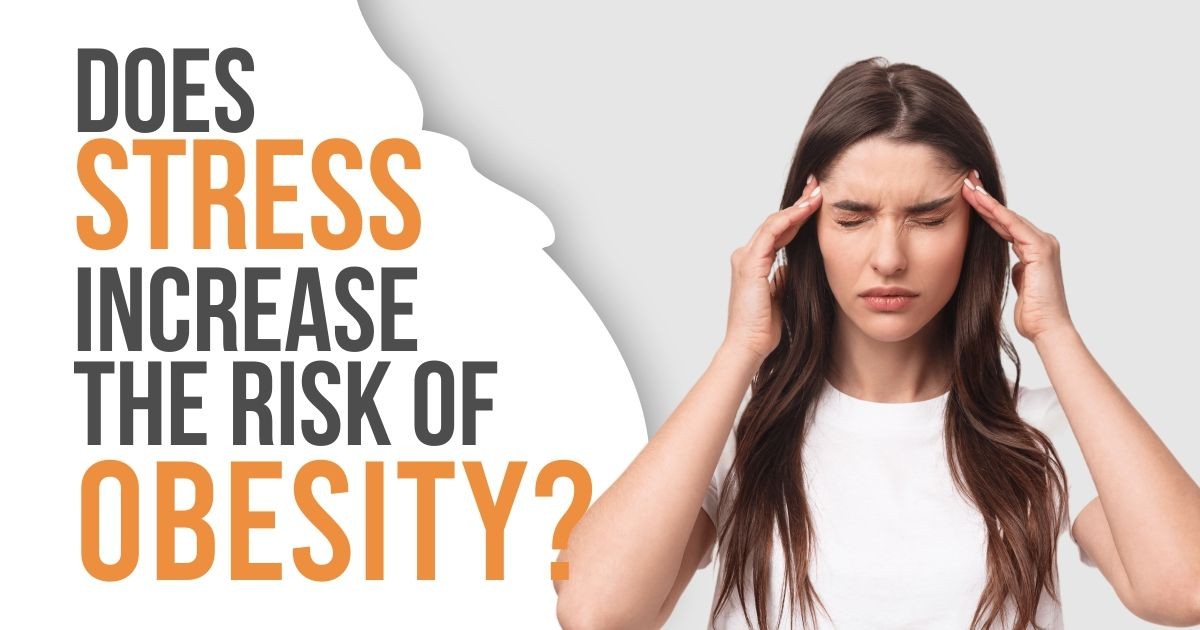We all encounter stress now and then, and it is well-known that stress affects our physical and emotional health. New studies have strengthened the connection between chronic stress and an elevated risk of obesity.
Researchers discovered that people with chronically high levels of the ‘stress hormone’ cortisol had wider waists, higher body mass indices (BMI), and were heavier than people with consistently low hormone levels.
According to a study published in the obesity journal of the University College London (UCL) Department of Epidemiology and Public Health, obesity affects more than one-third of adults.
Research from the past has demonstrated that stress can contribute to obesity. Stress has also been connected to ‘comfort eating’ in which people eat meals heavy in fat and sugar to feel better.
Studies have also suggested that the hormone cortisol, released in reaction to stress, maybe a part of obesity and metabolic syndrome. The UCL study investigated the relationship between chronic stress and the risk of obesity. They did this by examining the cortisol levels in hair samples taken from 2,527 persons at least 54 years old.
The results showed that hair cortisol gives an appropriate and accessible approach for detecting persistently high levels of cortisol concentrations in weight study and may contribute to furthering understanding in this field.
Additionally, cortisol levels can be measured in hair samples more accurately and over an extended period than in blood, saliva, or urine, which are frequently affected by the time of day and other circumstances.
Over four years, the team also measured each participant’s weight, BMI, and waist circumference. Adults with greater hair cortisol levels had larger waist circumferences, higher BMIs, and heavier weights than those with lower levels.
The researchers found the highest levels of hair cortisol in adults classified as obese based on their BMI or waist circumference, defined as being larger than 102 mm for men and 88 mm for women.
According to their findings, the researchers hypothesize that chronic stress, measured by cortisol levels in hair, may increase the risk of obesity. Because having extra fat around the abdomen increases the risk of heart disease, diabetes, and early mortality, people with a bigger waist size were also associated with higher hair cortisol levels.
We can help you in your fight against obesity. Connect with us on +91-62320 12342.

